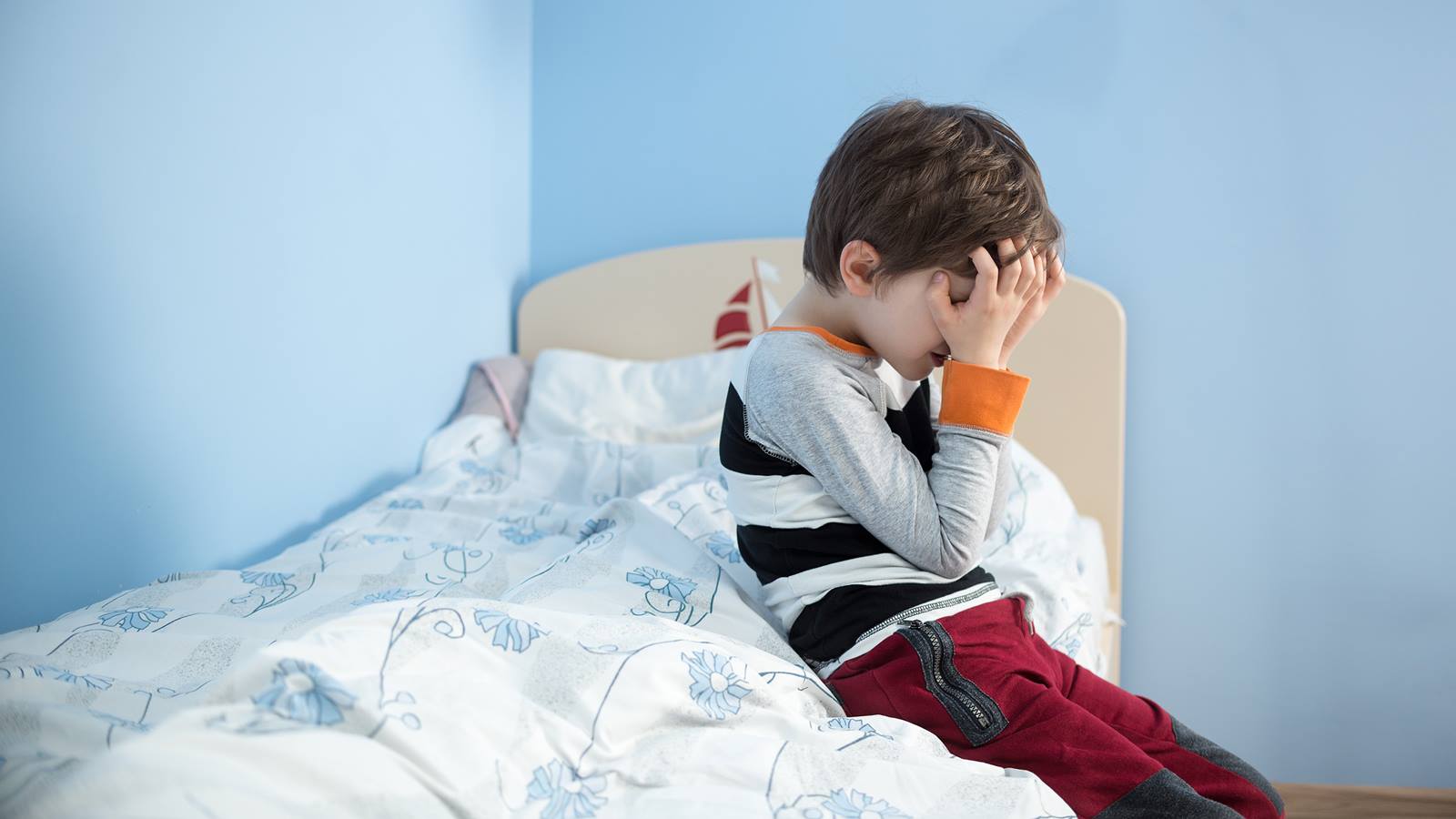Bedwetting is a problem that many children face. It can be a source of embarrassment and shame for them. It can also be a source of frustration for parents who are trying to potty train their children. There are many different factors that can contribute to bedwetting.
There are two types of bedwetting: primary and secondary. Primary bedwetting is when a child has never been dry at night. Secondary bedwetting is when a child who was once dry starts wetting the bed again. Bedwetting is more common in boys than girls.
Most children wet the bed because their bodies produce too much urine at night or they cannot control their bladder muscles during sleep. Bedwetting is not a sign of toilet training problems and is not caused by emotional difficulties. If you are looking for bedwetting treatment, you may consider a reputable company like Nobedwetting.

Image Source : Google
Teen Bedwetting can be a problem for children and their families. It can cause anxiety and distress for both the child and the parents. It can also be disruptive to family life, especially if the child sleeps in a shared bedroom.
The good news is that there are effective treatments available for bedwetting. With patience and perseverance, most children will eventually outgrow the problem.
There are many reasons why a child may wet the bed, but the most common cause is simply a matter of anatomy. The urinary tract includes the kidneys, which produce urine; the ureters, which carry urine from the kidneys to the bladder; and the urethra, which carries urine from the bladder out of the body.
Bedwetting occurs when the capacity of the bladder is too small or when muscle control over the sphincter is not yet strong enough to prevent leakage. In some cases, bedwetting may be a sign of an underlying medical condition such as a urinary tract infection, diabetes, or sleep apnea.

:max_bytes(150000):strip_icc()/550_101747890-f243335809b1435c9bc9ba7cfe9e1d2c.jpg)